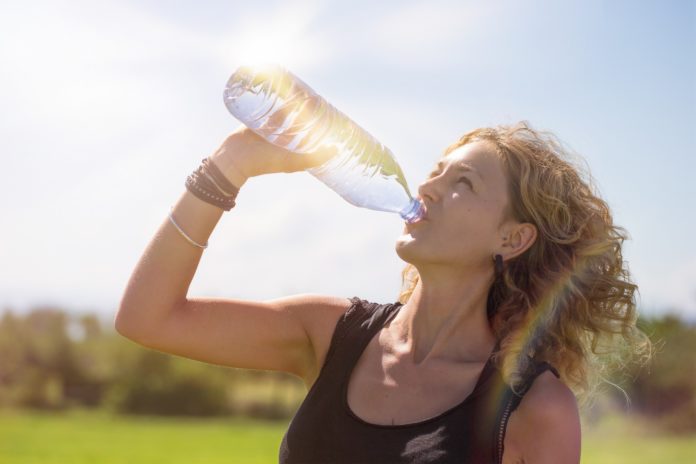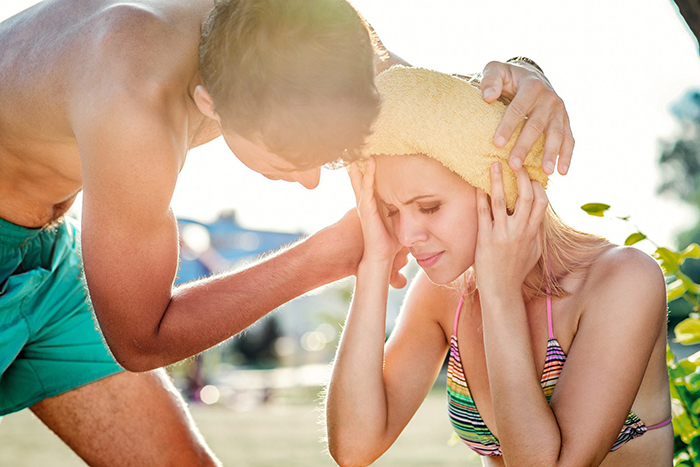Summer is finally here and many of us are eager to spend some time in the water cooling off, whether it’s at the pool, lake or beach. Water activities can make the summer heat a lot of fun, but we all must be “water aware” to avoid injuries or drowning.
You may be thinking, “This won’t happen to me,” or “I know how to swim, I’ll be fine.” While you or others may be excellent swimmers, it only takes a few seconds for someone to drown. It’s important to confirm that everyone in the group has basic swimming skills when taking part in water activities. You should also always designate a person to supervise your friends and family while you’re at any body of water, especially if there is not a lifeguard on duty.
But, there are a few actions we can all take to ensure we stay safe.
Who Is at Risk of Drowning?
There are many factors that may increase a person’s risk of drowning. The Centers for Disease Control (CDC) outlines the five most common risk factors:
- Swimming Ability: There are many adults and adolescents who lack swimming ability but still enjoy being near the water. Unfortunately, not being able to swim makes drowning a more likely possibility.
- Few Protective Barriers: Without fencing or other barriers to bodies of water, children may wander into a pool area and could fall into the water.
- Poor Supervision: Drowning may take place quickly and quietly anywhere that there is water. It’s important to constantly pay attention to people around any body of water.
- Location: Depending on your age, the likelihood of drowning may change based on your location. For example, children under four have a higher likelihood of drowning in home swimming pools, while those 15 and older tend to drown in natural water settings.
- Alcohol: The use of alcoholic substances is involved in nearly 25% of emergency room visits related to drowning, and in 70% of deaths that happen during recreational activities in water.




